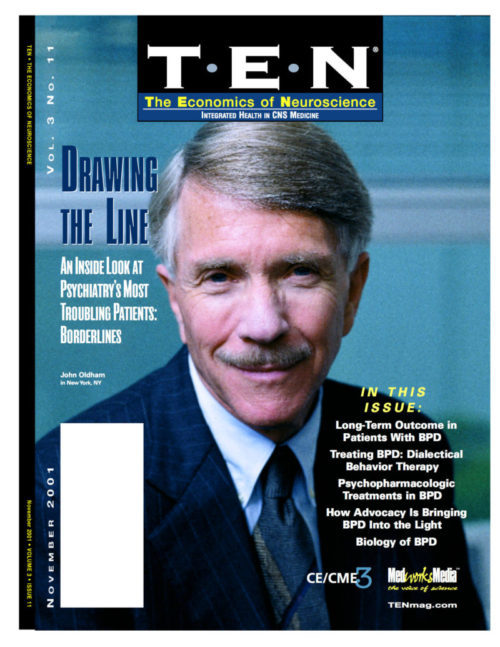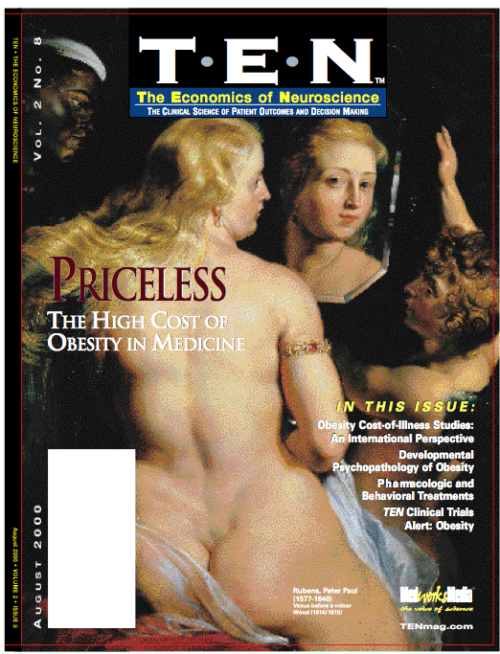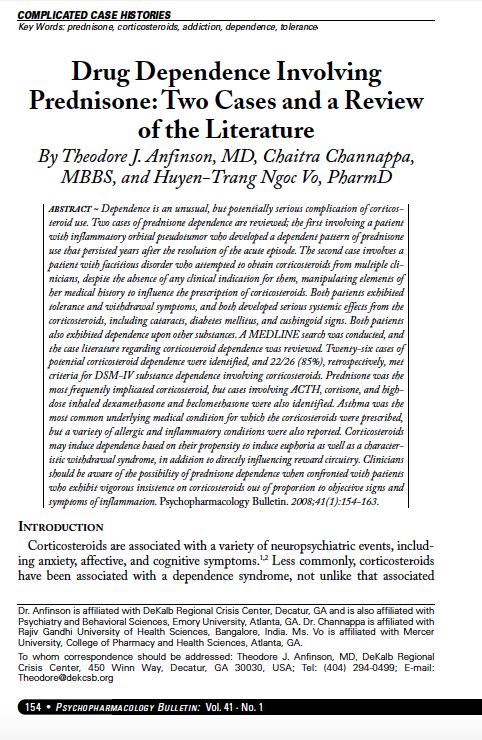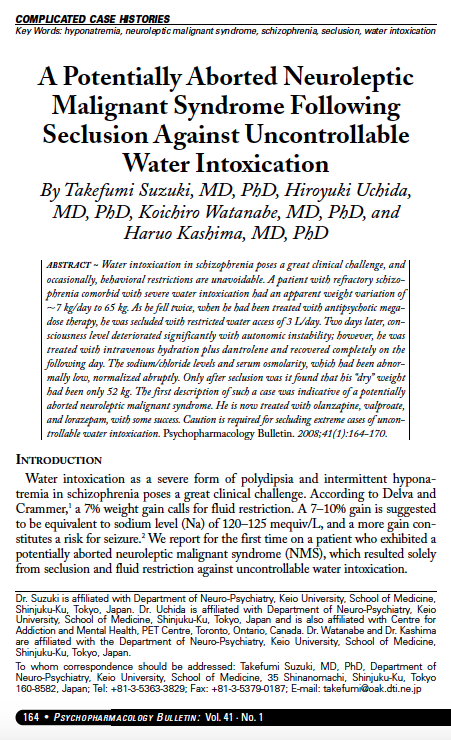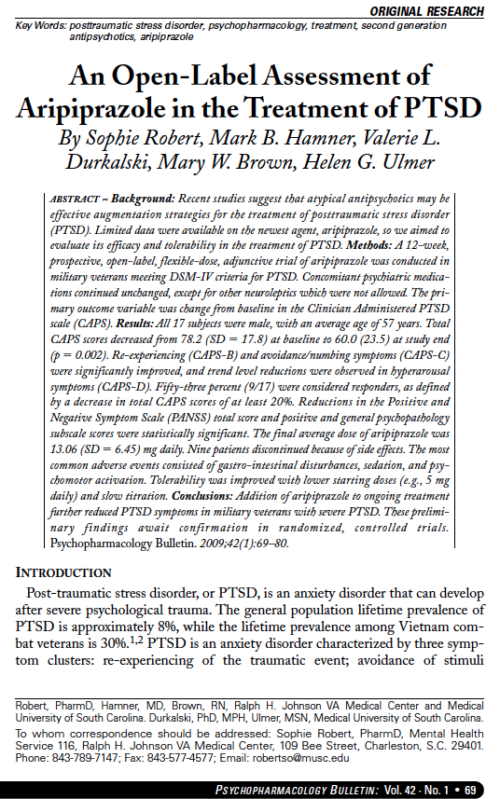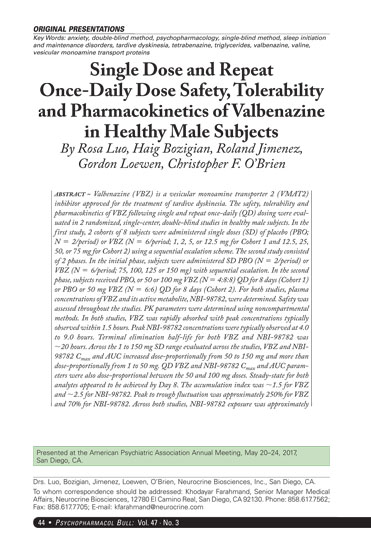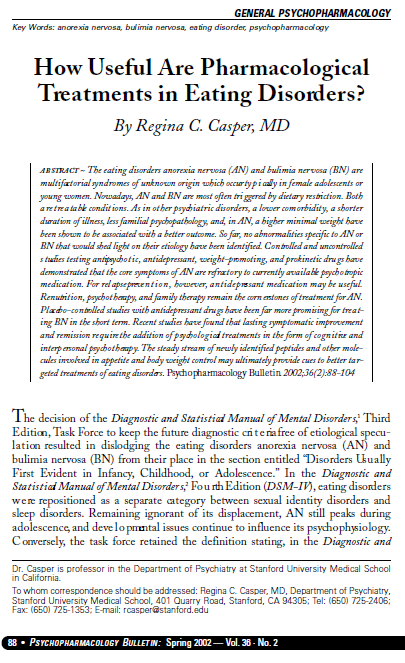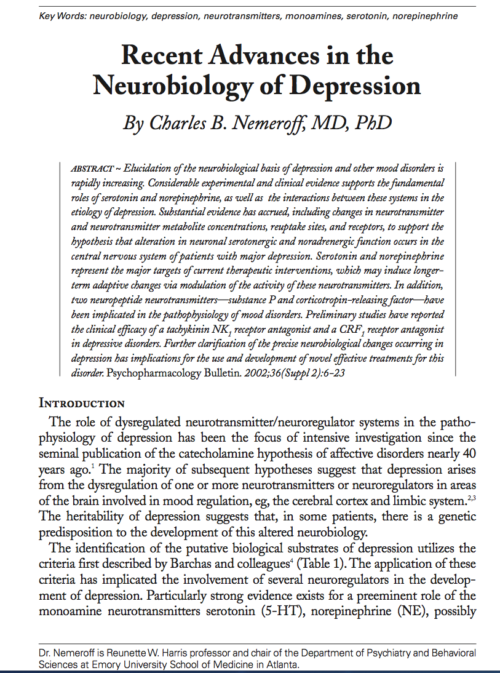Psychopharmacology
Psychopharmacology is the scientific study of the effects drugs have on mood, sensation, thinking, and behavior. It is distinguished from neuropsychopharmacology, which emphasizes the correlation between drug-induced changes in the functioning of cells in the nervous system and changes in consciousness and behavior.
The field of psychopharmacology studies a wide range of substances with various types of psychoactive properties, focusing primarily on the chemical interactions with the brain. The term “psychopharmacology” was probably first coined by David Macht in 1920.

Psychoactive drugs interact with particular target sites or receptors found in the nervous system to induce widespread changes in physiological or psychological functions. The specific interaction between drugs and their receptors is referred to as “drug action”, and the widespread changes in physiological or psychological function is referred to as “drug effect”. These drugs may originate from natural sources such as plants and animals, or from artificial sources such as chemical synthesis in the laboratory.
Psychopharmacology Bulletin is a peer-reviewed journal available through subscription only. Psychopharmacology Bulletin is a trademark of MedWorks Media Inc., Los Angeles, CA. Psychopharmacology Bulletin is indexed in Index Medicus, EMBASE/Excerpta Medica, Elsevier, Scopus, Psychological Abstracts, Current Contents, Science Citation Index, and Biological Abstracts under Psychopharmacol Bull. The journal is also available to medical libraries and repositories through EbscoHost.
Psychopharmacology Bulletin
Psychopharmacology Bulletin is a peer-reviewed journal available through subscription only. Psychopharmacology Bulletin is a trademark of MedWorks Media Inc., Los Angeles, CA. Psychopharmacology Bulletin is indexed in Index Medicus, EMBASE/Excerpta Medica, Elsevier, Scopus, Psychological Abstracts, Current Contents, Science Citation Index, and Biological Abstracts under Psychopharmacol Bull. The journal is also available to medical libraries and repositories through EbscoHost.
Psychopharmacology is the scientific study of the effects drugs have on mood, sensation, thinking, and behavior. It is distinguished from neuropsychopharmacology, which emphasizes the correlation between drug-induced changes in the functioning of cells in the nervous system and changes in consciousness and behavior.
The field of psychopharmacology studies a wide range of substances with various types of psychoactive properties, focusing primarily on the chemical interactions with the brain. The term “psychopharmacology” was probably first coined by David Macht in 1920.
Psychoactive drugs interact with particular target sites or receptors found in the nervous system to induce widespread changes in physiological or psychological functions. The specific interaction between drugs and their receptors is referred to as “drug action”, and the widespread changes in physiological or psychological function is referred to as “drug effect”. These drugs may originate from natural sources such as plants and animals, or from artificial sources such as chemical synthesis in the laboratory.
Articles and Publications Related to Psychopharmacology


